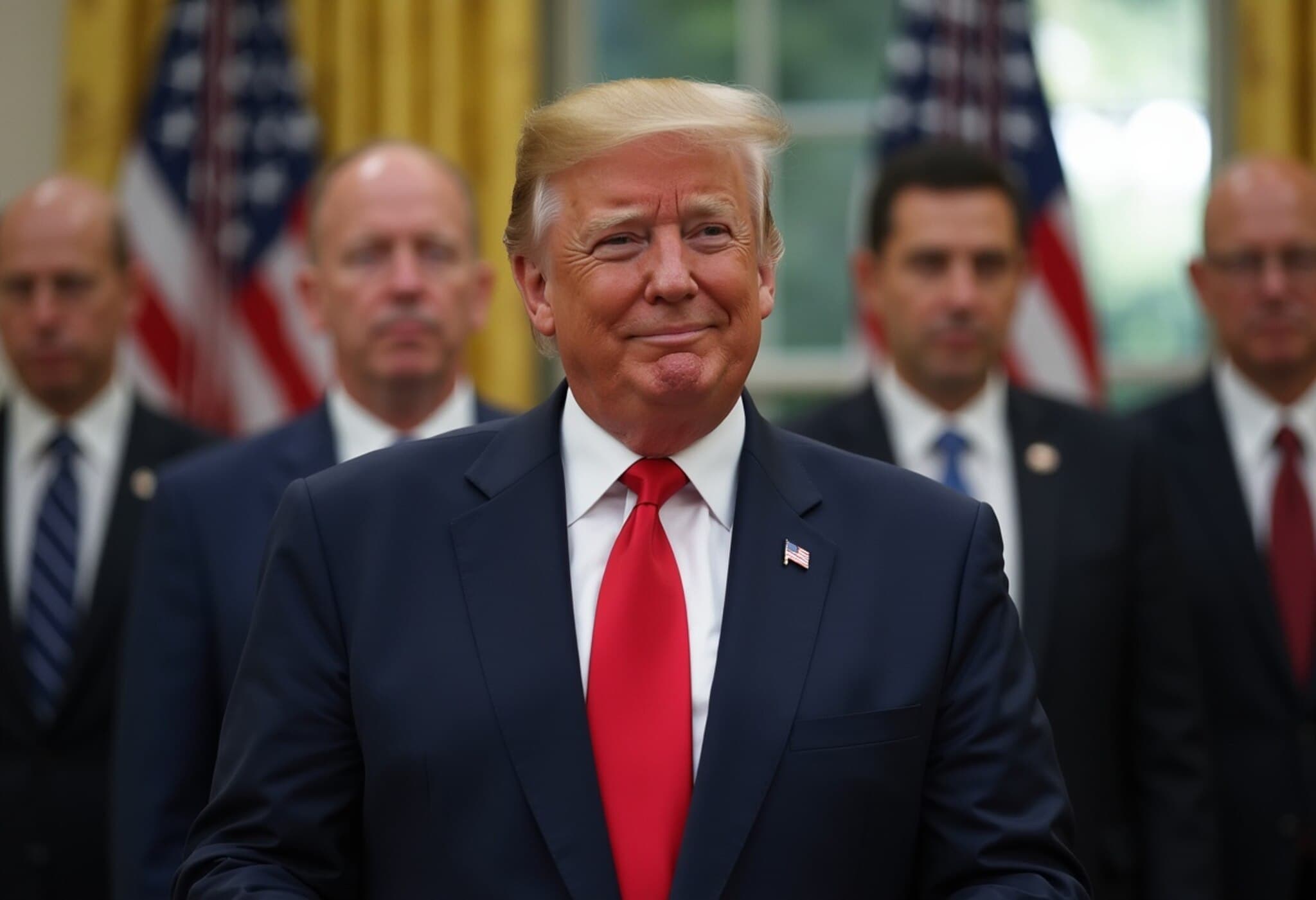PIX: Brazil's Revolutionary Digital Payment System
A revolution is quietly reshaping how Brazilians handle everyday transactions. Forget cash or credit cards; for more than 80% of Brazil’s population, PIX has become the go-to digital payment platform. This fast, free, and homegrown system lets users instantly pay bills, send money, and settle purchase payments—from bustling street markets to popular beach stands in Rio de Janeiro.
Launched by Brazil's Central Bank in 2020, PIX has surged in popularity, now facilitating nearly half of the nation’s financial transactions. It represents not just a technological leap but a cultural shift toward financial inclusion, convenience, and cost savings for millions.
Global Acclaim Meets Political Friction
Internationally, economists and fintech experts have lauded PIX as a model for modern payments. Its zero-fee model disrupts traditional banking and payment giants, spurring increased competition and innovation in Latin America.
Yet, PIX’s growing dominance has landed it in the crosshairs of the U.S. government. Under former President Donald Trump’s administration, there has been escalating criticism directed at Brazil, culminating in an investigation that accuses PIX of unfairly undermining American financial technology companies like Visa and Apple Pay.
Why the U.S. Pushback?
- Market Disruption: PIX’s fee-free instant transactions threaten the revenue streams of multinational card networks and payment processors.
- Trade and Political Calculus: The Trump administration’s broader stance against Brazil’s political dynamics seems to have extended into economic arenas, using PIX as leverage.
- Technology Sovereignty Concerns: The U.S. fears losing influence over emerging payment infrastructures that were previously dominated by American companies.
Brazil’s Response: Privacy, Sovereignty, and National Pride
In Brazil, criticism from abroad has stirred strong nationalist emotion. The government launched a viral social media campaign proclaiming, "PIX belongs to Brazil and the Brazilian people!" framing the digital platform as a symbol of sovereignty and technological independence.
Besides economic implications, PIX embodies a broader narrative: empowering Brazilians by reducing dependency on foreign corporations in critical sectors like finance and technology.
Geopolitical Undercurrents Heighten the PIX Controversy
The PIX dispute unfolds amid a fractious period in Brazil-U.S. relations, highlighted by the Trump administration’s investigation into alleged coup plotting by former Brazilian President Jair Bolsonaro, a close Trump ally. This cocktail of political tensions and economic friction magnifies the stakes for PIX far beyond a mere payments system.
What’s Next for PIX and International Trade?
As the probe continues, several critical questions loom:
- Will PIX’s model push other countries to adopt similar national payment infrastructures, challenging U.S.-dominated financial ecosystems?
- How will Brazil balance innovation and openness with geopolitical pressures and trade diplomacy?
- Could this scenario accelerate the global conversation around digital sovereignty and the regulation of cross-border financial flows?
Expert Insight: A Turning Point for Global Payment Systems
Financial technology analysts suggest PIX’s rise is emblematic of a larger shift. As digital payments become the backbone of modern economies, nations are increasingly seeking control over their payment rails to ensure accessibility, security, and autonomy.
“PIX demonstrates how emerging markets are leapfrogging legacy systems, fostering competition, and giving consumers more agency,” says Dr. Marina Silva, a fintech expert at the University of São Paulo. “But, it also exposes the friction that can arise when homegrown solutions disrupt entrenched global players.”
Concluding Thoughts
The evolution of Brazil’s PIX payment system captures more than technological progress—it symbolizes a growing assertion of economic sovereignty and digital autonomy in a multipolar world. How the U.S. and Brazil navigate this dispute could well set the precedent for future battles over fintech innovation, fair competition, and national interests.
Editor’s Note
PIX’s success story highlights key questions about the intersection of technology, sovereignty, and trade. As geopolitics intertwines with innovation, the fate of PIX could signal a new era for global financial infrastructure—where national pride and international competition converge over the digital wallets of billions.
Readers are encouraged to consider: How will emerging markets assert control over digital economies? And what role should multinational corporations play in such critical infrastructure?



















